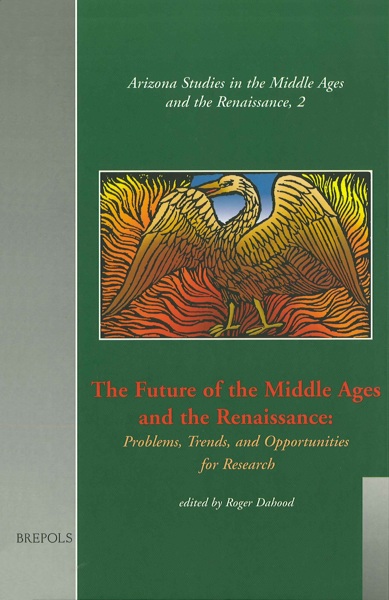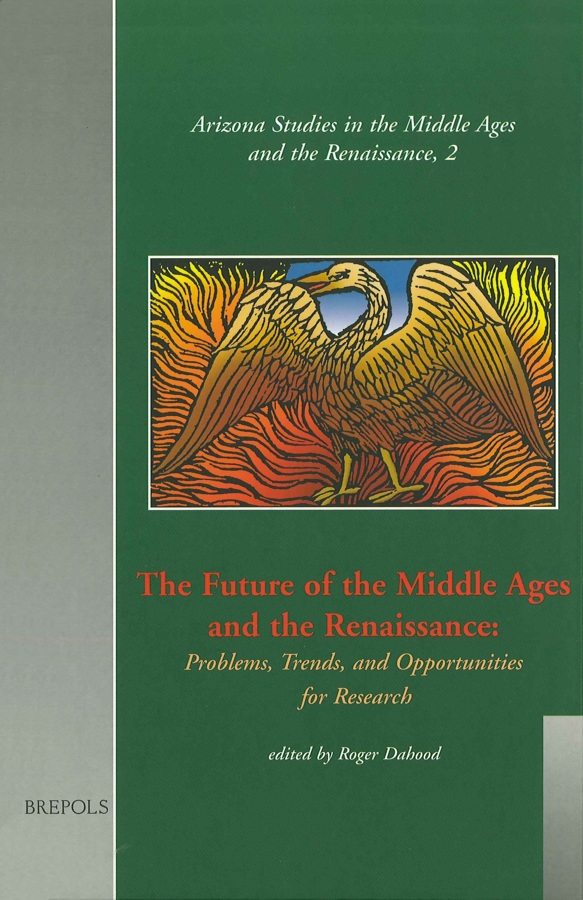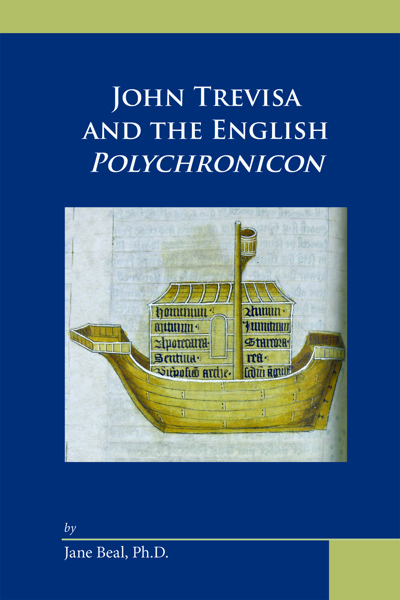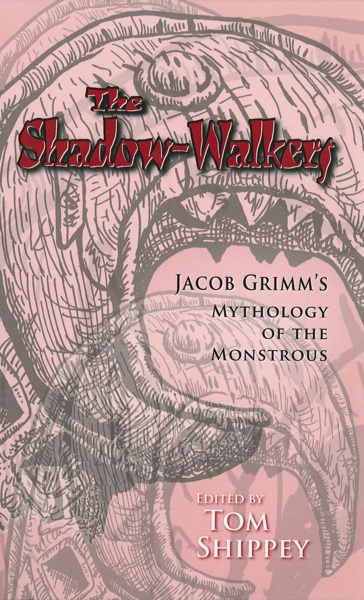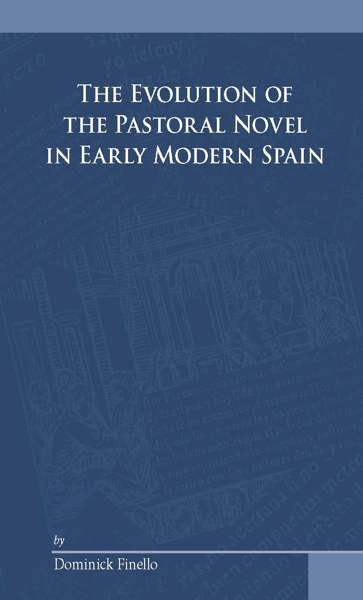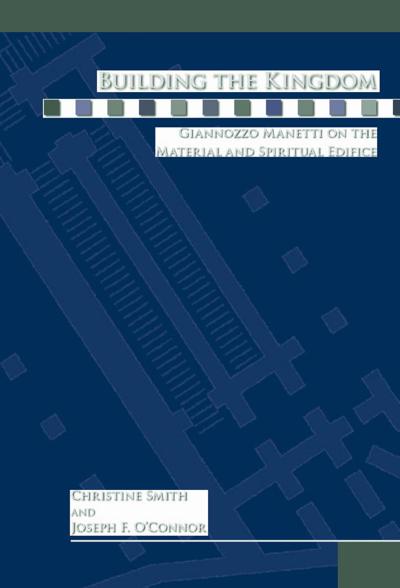
The Future of the Middle Ages and the Renaissance
Problems, Trends, and Opportunities for Research
Roger Dahood (ed)
- Pages: 194 p.
- Size:160 x 240 mm
- Language(s):English
- Publication Year:1999
- € 30,00 EXCL. VAT RETAIL PRICE
- ISBN: 978-2-503-50805-4
- Hardback
- Available
- € 30,00 EXCL. VAT RETAIL PRICE
- ISBN: 978-2-503-56217-9
- E-book
- Available
This volume contains a selection of essays, reflecting a broad range of interests in medieval and Renaissance studies, yet focusing on problems, trends, and opportunities for research.
"Overall, this is a pleasant collection of articleswhich are all very well written and make strong points regarding their subject matter." (A. Classen in Mediaevistik, 13, 2000, p. 222-226)
This volume, containing a selection of essays from ACMRS's 1996 conference, reflects a broad range of interests in medieval and Renaissance studies. Although most of the eleven essays address western European topics, one essay deals with Byzantine political and theological histroy, and one touches on Arabic poetry in medieval Sicily. The chronological range is also broad, extending from the seventh to the twentieth century and including topics from an early Byzantine polemicist to the recent growing interest in medievalism, and from critical readings of early texts to implications of computer technology for future manuscript study. In some significant ways the volume continues earlier discussions of the state of the profession, such as those in William D. Paden (ed.), The Future of the Middle Ages, and John Van Engen (ed.), The Past and Future of Medieval Studies. More generally, this second volume in the ASMAR series extends the theme of the first, Reinventing the Past, and makes fresh contributions to the scholarship on a number of problems. If the current volume provides a reliable gauge for the future of medieval and Renaissance studies, we are on the verge of new beginnings, increasingly outward-looking, reexamining and redefining old boundaries to reach a new and sharpened understanding of the past. The contributions are: 'A panel discussion among Leslie J. Workman, T.A. Shippey, Allen J. Frantzen, Richard J. Utz, William D. Paden, and Arthur F. Kinney'; Marcia L. Colish, 'Re-envisioning the Middle Ages: a view from intellectual history'; Judith Barad, 'The ontology of animal rights'; Pamela Clements, 'Shape-shifting and gender-bending: Merlin's last laugh at silence'; Joan Grenier-Winthur, 'Lectio multiplicior, lectio potior: On the form and impact of electronic hypermedia editions'; L.S.B. MacCoull, 'George of Pisidia, Against Severus: in praise of Heraclius'; Karla Mallette, 'Arabic and Italian lyric in medieval Sicily'; Richard
